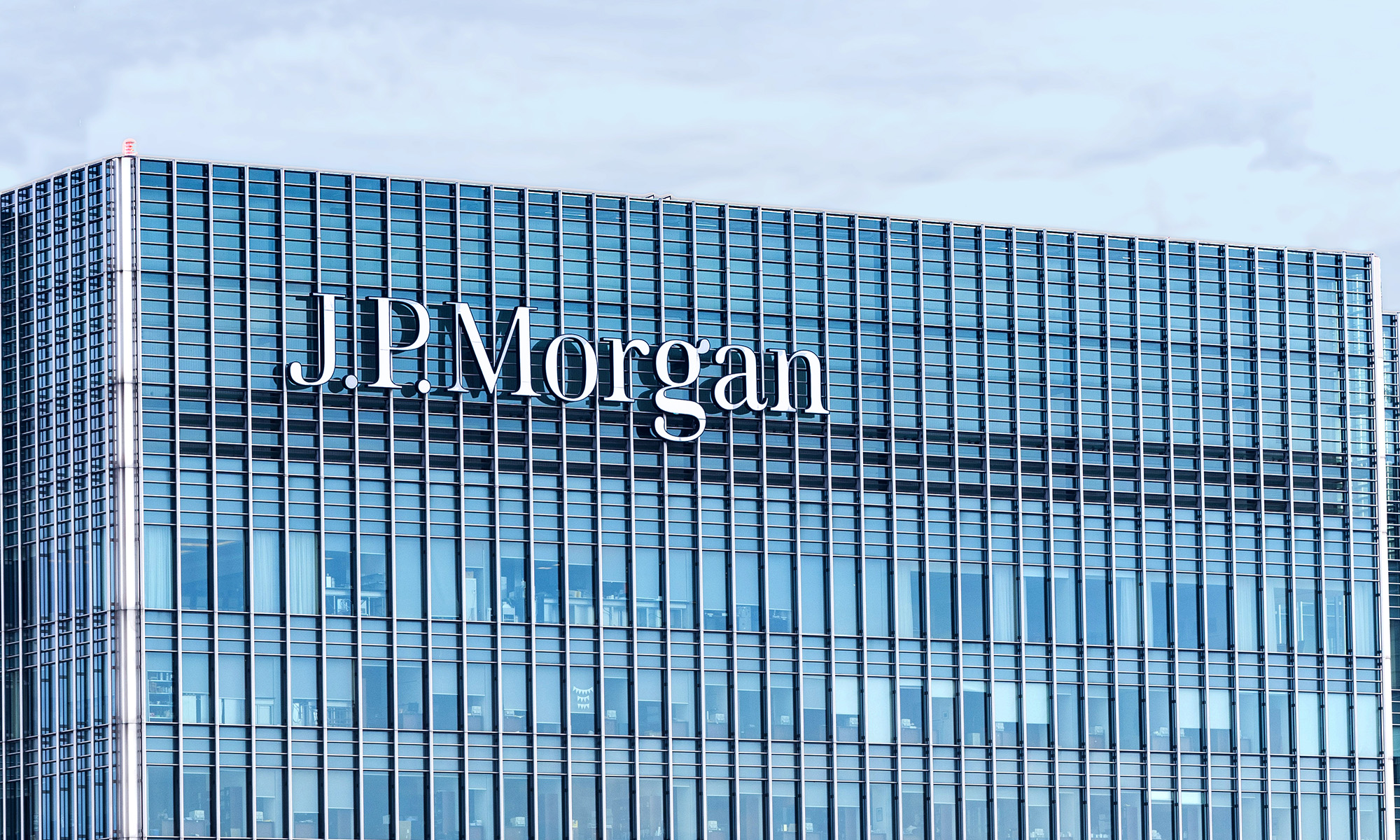The situation at Wells Fargo (WFC 0.65%) continues to deteriorate. Most recently, the bank announced that it would dial back cross-selling of financial products and services. This represents a dramatic departure from its long-time strategy.
In this clip from Industry Focus: Financials, The Motley Fool's Gaby Lapera and John Maxfield discuss whether or not this (as well as other facts that have come to light) changes the investment thesis on Wells Fargo stock.
A full transcript follows the video.
This podcast was recorded on Sept. 15, 2016.
Gaby Lapera: Let's start with an update with what's going on with Wells Fargo, as of about an hour ago.
They said they're going to curb cross-selling. In case you don't remember, cross-selling is Wells Fargo's practice of offering customers products every time they come into the store. Say you going to deposit a check, they're like, "Oh, but do you need a home mortgage today?" Or whatever it is they try to sell you. They're dropping what they call "product sales goals" by Jan. 1, and they've told people to stop selling for the time being, as well. This is a huge shift from what they used to be like, right, John?
John Maxfield: That's right. One of the questions, thinking about Wells Fargo and all the issues that they're having right now, from an investor's perspective, the question is whether or not this changes the investment thesis on a stock. And for a while there, and I guess this is all transpiring very quickly, because it was just revealed last week that it had defrauded all these customers from 2011 to 2015, and they paid a fine.
But all the regulatory fines and the things that Wells Fargo has to do are pretty minimal, when you consider that this is a bank that earns $5.5 billion per quarter. So, it had a $185 million fine. That's just a drop in the bucket compared to how much it earns. So, unless any other shoes dropped, this really didn't fundamentally alter the fact that Wells Fargo is still one of the most profitable banks in the country. And it is still one of the most efficient banks in the country. It's still one of the best when it comes to managing credit risk.
So, the thesis was still intact, but these other shoes have started to drop that are starting to erode that thesis. And one of them is the fact that John Stumpf, the CEO, came out and said that they are suspending the cross-sells of financial products. This goes to the absolute core of one of Wells Fargo's competencies, and that is the ability to get the retail customers to use more Wells Fargo financial products than most other banks can get their customers to use. And that boosts revenue, it boosts growth, it ties these customers in more tightly to Wells Fargo, making it harder for them to leave. So when you hear the CEO of Wells Fargo come out and say, "We're going to dial back cross-selling," while it has to do that in response to all the trouble it's in, it's really starting to cut directly into an investor's thoughts toward Wells Fargo.
Lapera: Yeah. And to give you guys reference, we're filming this on Sept. 15, and our initial show on Wells Fargo was on Sept. 12, and this hadn't come out when we filmed in the morning. So, in the last three days, this has happened, and these other things have also happened. Federal prosecutors are investigating to see if they should file a case against them. And it's not just one. Wells Fargo has received subpoenas from three different prosecutors' offices, which is a lot, and a little bit worrisome for them.
Maxfield: Yeah, and the rumor is, what federal prosecutors are looking for, they haven't decided if they're going to file a case, evidently, and also they haven't decided, if they do file a case, whether it's going to be civil or criminal. But the thing that they're looking at is whether or not high-level executives at Wells Fargo knew that thousands of its employees were opening up to 2 million unauthorized accounts for Wells Fargo customers in order to boost cross-sells.
So, these are really difficult investigations, because you have to prove what, in law, we call scienter, which is that there was an intent on behalf of the executives at Wells Fargo to actually get behind this, as opposed to it being a group of rogue employees, if you will. It's a really important thing, because if a number of additional lawsuits come out, it will further impact Wells Fargo's reputation. And, presumably, they're also going to have investor lawsuits against the executives. So you're going to have those; you could potentially have additional fines from the federal regulator, for federal prosecutors. It's getting to be a much bigger issue than it originally looked like it was going to be.
Lapera: And this actually leads nicely into my next point. Guess who said this quote: Are you ready, John?
Maxfield: I'm ready, go for it.
Lapera: "This was a staggering fraud. Come on, this went on for years and they didn't smell anything in the air about fake accounts?" she said. There's a hint.
Maxfield: Is that Elizabeth Warren?
Lapera: That is Elizabeth Warren, who has demanded that Wells Fargo appear before the Senate's Banking Committee. John Stumpf has agreed to testify. Just in case you don't know anything about Sen. Elizabeth Warren ... there's no love lost between big banks and Sen. Warren. This is going to be a really interesting testimony. The House Oversight Committee has also started demanding documents. I will tune into that.
Maxfield: Yeah, that's going to be a really interesting thing to watch. Let me add another element to this. On last week's show, we really focused on Wells Fargo, and the misdeeds and the malfeasance that went on there. But, I think, to be fair, I think you have to step back and appreciate all the good that Wells Fargo brings to the table. Let me give you some specific examples. When you are thinking about banks, these are incredibly important institutions for economic growth. They keep our capital, they make it possible to get loans, to invest that capital, which pushes economic growth. These are incredibly important things. And when you look at the nation's biggest banks -- Wells Fargo is the third largest bank -- it is arguably the safest and the soundest of them. JPMorgan Chase (JPM +1.04%) probably comes in a close second. But, that's important. Wells Fargo holds something like 10% of our nation's deposits. The fact that it is so good at credit risk, and so responsible in terms of keeping its customers' money safe -- that needs to be recognized and appreciated to offset some of this.
Lapera: That's fair. Wells Fargo is, from a federal perspective, a safe bank. It's not going to go belly up anytime soon. But it has to shake consumer confidence in the bank -- and potentially the bank's business if consumers start leaving -- that the bank was lying and doing these things.
Maxfield: There's no excuse for what Wells Fargo did. But let me add a little bit more context behind this. If you go back to the financial crisis, the federal government pumped tens of billions of dollars into Bank of America (NYSE: BAC) and Citigroup (C +0.49%). It even did the same with JPMorgan Chase, when the federal government went to JPMorgan Chase and asked it to, in effect, to rescue Bear Stearns. Well, JPMorgan Chase wouldn't do that without a $30 billion loan from the federal government that would cover any potential losses from Bear Sterns.
Wells Fargo didn't need a bail out. It went into the crisis, it avoided the worst of the subprime mortgage mess, so it wasn't in that same type of dire situation. And as a result of that, when Wachovia was on the verge of failing, Wells Fargo was able to step in, buy that bank without any government assistance, and incorporate it into its model. That saved United States taxpayers many billions of dollars. And keep in mind, before Wells Fargo stepped in to buy Wachovia, which at the time was actually bigger than Wells Fargo -- it was a huge bank -- before it did that, Wachovia was going to be sold to Citigroup, of all banks.
And it was not only going to be sold to Citigroup, but it was going to be sold to Citigroup -- this is my understanding -- after it was acquired, after the FDIC or the federal regulators stepped in and took possession of it. So, in that way, not only would Citigroup get it for an extremely inexpensive price, but the federal government would then be on the hook to cover potential losses from Wachovia.
The point I'm trying to make is: There is no excuse for the systemic fraud that took place at Wells Fargo between 2011 and 2015. However, we have to keep in mind that this is an incredibly important cog that acts responsibly in a lot of other capacities, with respect to the economy.







